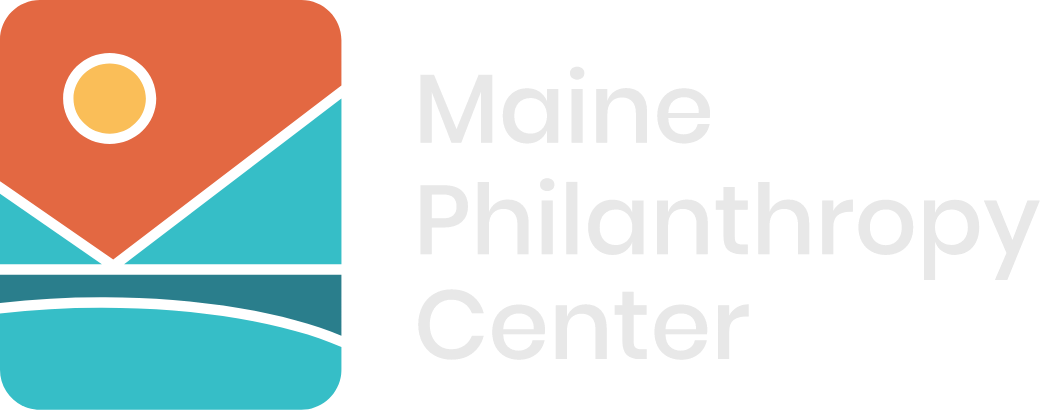By Gabriela Alcalde in Mainebiz, September 27, 2021
For several years, the Sewall Foundation has been going through changes, driven by our commitment to becoming the best partner possible to the organizations we support and work with.
We are guided by the principles and values of trust-based philanthropy, and by our own mission and values, which call on us to center the voices of the communities we serve and to be aware of how power operates in our organization and our work.
Faced with the unknown, our pace of change accelerated significantly in 2020. The pandemic uncovered what was painfully clear to communities of color and other communities who’ve experienced systemic oppression and exclusion in the U.S.: our systems are outdated and unjust by design. And this includes the philanthropic sector and system: our practices are long past-due for an overhaul.
The pandemic has also offered an opportunity for candor about changes we said were impossible. Crises such as the pandemic test the foundations and infrastructure of our systems and, in most cases, our systems have failed the test.
For the philanthropic sector, the pandemic raised critical questions about what we carry out as standard practices. Funders found themselves asking how they could support grantees and other nonprofit organizations doing critical work in unprecedented circumstances.
At Sewall Foundation, we waived restrictions, reporting requirements, and grant timelines for grantees, accelerated grant processes and expedited grant payments, raised our payout rate for 2020 and 2021, and developed a rapid response grant program for the dual pandemics of COVID-19 and entrenched racism and racial disparities that the pandemic exacerbated. With the leadership of the Maine Philanthropy Center, we met weekly with peer funders to learn with and from each other, coordinate efforts, and share insights and tools.
At Sewall, we know we must go further and deeper in trust-based practices to move towards repairing harm caused by centuries of unjust systems, and to mitigate and eventually prevent further harm. Simply put, once we know better, we must do better.
We know that part of the reason 2020 was so challenging is because our systems and structures are not designed to be responsive to the communities we serve. We know we must change that. Some specific lessons we have learned include:
1. Listen to the communities we serve for what they see as priorities and how to address those priorities.
2. The resources we steward through philanthropy are not ours, they are of the communities we serve and we must challenge our practices and underlying assumptions to get resources (not just grants) to organizations serving communities faster, more easily and with trust.
3. Use our voice and leverage our position to elevate our values and support the work of the mission-aligned organizations we partner with—we can only achieve our mission through our grantees’ success.
4. Support grantees beyond grants, including capacity-building, convening, information-sharing and values-aligned investments.
5. Real and sustainable changes require working together — we are examining how we work and pushing ourselves towards greater transparency, coordination and collaboration and looking at how we do our grantmaking to enable and support collaboration.
Finally, we are keenly aware that working in philanthropy is a privilege we must not take lightly.
We must act with humility, transparency and courage and constantly interrogate assumptions, making the implicit explicit and working towards accountability. We are grateful for the epic work of Maine’s nonprofits during the ongoing pandemic, and we commit to continue to strive to be the best partners possible to those serving Maine’s people, animals and environments.
Gabriela Alcalde is executive director of the Elmina B. Sewall Foundation in Freeport. She can be reached at galcalde@sewallfoundation.org.
Read this article on Mainebiz.
